Onward transportation from Koh Samui, organised by opportunistic but efficient tour companies, was plentiful and easy. They branded us with stickers and pointed us towards a catamaran filled with hangovers, which zipped to the mainland, where buses branched off to various destinations: the train station, the airport, a selection of hotels. We bemoaned the lack of autonomy whilst happily leaving the organisation to somebody else, dodged the hobbling tourists with their moped injuries (of which there were an alarming number), and leapt on the first train to Chumphon.
On a Thursday afternoon many moons ago, my friend and then-colleague Madeleine asked if I wanted to join her that evening at a secret tiny post-premiere gig by formerly-Prince-formerly-Squiggle-now-Prince-again*. It involved going home to change into suitable attire and also pack for a wedding I was heading to straight from the office the following day, returning to Soho for 11pm, falling into bed around 3am, then sloping back to work a few hours later, suitcase in tow.
Naturally, I jumped at the chance.
Of course, she knew I’d say yes. We’ve always admired each other’s determination to seize the day. Or, you know, both have a severe case of FOMO.
Therefore when, prior to my departure, Madeleine and I discussed my impending travel plans, and I said “you should join us when we’re in South East Asia!” and she said “ok! Tell me when you’re in Thailand and I’ll fly out”, I knew she meant it.
Nobody likes change.
Only joking. I like change. It’s one of the reasons I love London. (It’s also one of the reasons I left London). But when it comes to Christmas, change is very, very bad.
That’s probably why we neglected to plan where we would spend the day itself: the idea of this beloved annual tradition being so utterly bereft of all the identical customs, clichés and cracker jokes was too traumatic. Add in the lack of proper build-up and I could just pretend it wasn’t happening.
Then suddenly there was less than a fortnight to go, our parents were asking “where are you spending Christmas?” and we thought – crap, where are we spending Christmas? Probably ought to get that sorted.
My interest in Japan owes much to one of my favourite authors, Haruki Murakami.
Whilst in Tokyo, I had hoped to identify some of the locations he describes. I thought I might perhaps even gain a glimpse into the psyche of the Japanese men who form the bulk of his protagonists: forgettable loners, quietly plodding through life and barely leaving an imprint. It had seemed a strange universal character to choose, but after only a few days in the city I could understand why they provided him with such rich potential. It’s a place dedicated to solo living: the tiny apartments, the individual seats at ramen bars, the anonymity of the packed subway car. Like no other city I had visited, Tokyo invited people to disappear, even when living a life surrounded by other human beings.
The deal was that we would go to Japan together, at a later date. It was a country we both longed to visit and therefore deserved to be taken on its own merits without any other distractions.
But the cheapest flight from Vladivostok to Melbourne went via Tokyo, so Peter reasoned it would be simply churlish not to extend the stopover from two hours to two nights.
And if he was getting two nights in the city then damnit so was I. Although flight prices being what they are . . . two became four. And so I found myself bound for Tokyo with five days to play with and strict instructions not to leave the city limits.
After the wash-out that was Busan, I was determined not to make the same mistake twice. So I gave myself a week’s notice and pored over Seoul’s accommodation options before choosing one with universally excellent reviews and the promise of a beautiful breakfast.
I had high hopes but low expectations and it was with some surprise that I discovered that my guesthouse was nestled deep in the heart of Bukchon Village: a higgledy-piggledy district of alleyways and single-story hanoks, the oldest part of Seoul, and bordered by two palaces and three mountains.
Do you want to know the hardest thing about staying in Korea? Wrapping my brain around the similarly-named cities. I stayed in eight places altogether, three of which were called Gyeongju, Gwangju, and Gongju. That said, either my pronunciation is top-notch or the bus stations employ really excellent staff because I ended up in the right place every single time.
Although I didn’t know it before I got there, Gwangju is infamous for being the site of a horrific government-sanctioned massacre of protesters. The “Tiananmen Square of Korea” happened in 1980 and eventually sparked significant changes in Korea’s political situation, leading to the government of today. Nonetheless it remains deeply controversial, not least because nobody is entirely sure how many people died; 207 minimum, but some sources suggest ten times that.
There’s a knack to enjoying short, sharp visits to large, intimidating cities.
Book yourself some bloody good accommodation.
By “good”, I don’t mean expensive, plush, or in the thick of the action. A balcony on the 18th floor and crisp Egyptian cotton won’t make a blind bit of difference when you’re sitting there alone, wondering what to do with the empty hours stretching out before you. No, what matters primarily is the host: someone who is besotted with their city, and not just willing but actively keen to pass on their inside knowledge so that you, too, will grow to love it as much as they do. That’s why I’m such a huge fan of AirBNB which (when you get it right) embodies all of these glorious traits. (I wish I were paid by AirBNB to advertise their services. I’m not though, sadly. I’m just a fan. Although if you’re considering trying it then use this link and we’ll both get £13 off when you make your first booking. Everybody wins).
Of course, this didn’t happen when I went to Busan and left it far too late for decent accommodation. So I ended up in my worst kind of place: a basic, faceless backpacker hostel next to the train station, and I arrived in bucketing rain which took away any remaining joy. To make it even less appealing, I’d paid for a single room, but all this meant was that I got shoved into one of the 4-bunk dorms with the promise that nobody else would be joining me, and strict instructions not to use the linen on any of the other pre-made beds. And so it was that I spent my first night in Korea’s second city sleeping on a lower bunk with rain-damp clothes hanging next to my face, and a cardigan rolled up under my head to bolster the pathetically thin pillow.
It’s so glamorous, this travelling lark.

I found my Andong accommodation through AirBNB, which is making more of a stir in these parts than I’d expected. Although recently built, it was the real Korean deal: a tiny, self-contained, hanok-style apartment in the garden of the main house. It sat next to the front gate – an old, pleasingly solid wooden number sealed with a weighty beam that got hefted into place at night.

The owners, who didn’t speak a word of English. were all smiles, even though I’d arrived far later than intended. They turned on the ondol (underfloor heating, found in every Korean house) and left me to it. With handy bus times stuck to the wall, wifi, and my own bathroom and kitchen, I needed nothing else. Well, actually, I could have done with a hand translating the loo which – somewhat incongruously against the classic sliding doors, wood-carved wardrobe, and frilly counterpane – was a terrifyingly modern Japanese device with buttons on the side. After two days using that contraption, I’m still not entirely sure that the water jets went where they were supposed to and frankly I feel rather violated.
Planning this trip didn’t really allow time for panic. It happened so quickly, in the event, that every spare moment was taken up with the practicalities of leaving home for six months and planning the initial stages. I doggedly fixated upon making it to Vladivostok via all the intended stops, and didn’t allow myself to think much beyond that.
The Trans-Siberian passed in something of a whirlwind and without any warning, it was time for Peter to leave. We had previously made the decision to part ways post-Russia; he to Melbourne for a wedding, and then to New Zealand for three weeks. Having already visited New Zealand, and with no overwhelming desire to go to Australia, I decided I’d rather spend my precious time exploring South Korea; a country that Peter had already been to and I knew nothing about. So I tearfully waved him off on Vladivostok’s airport shuttle train and suddenly there I was, alone, at quite literally the ends of the earth.
And suddenly it all felt very overwhelming.
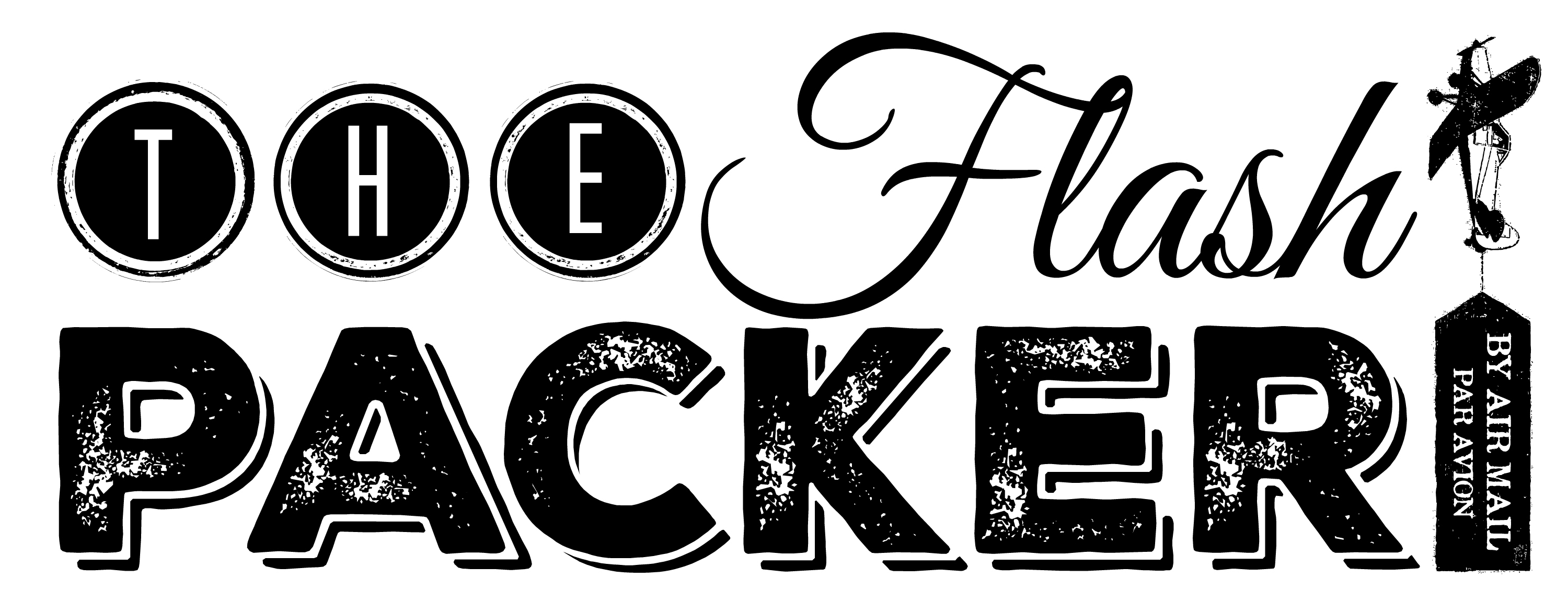

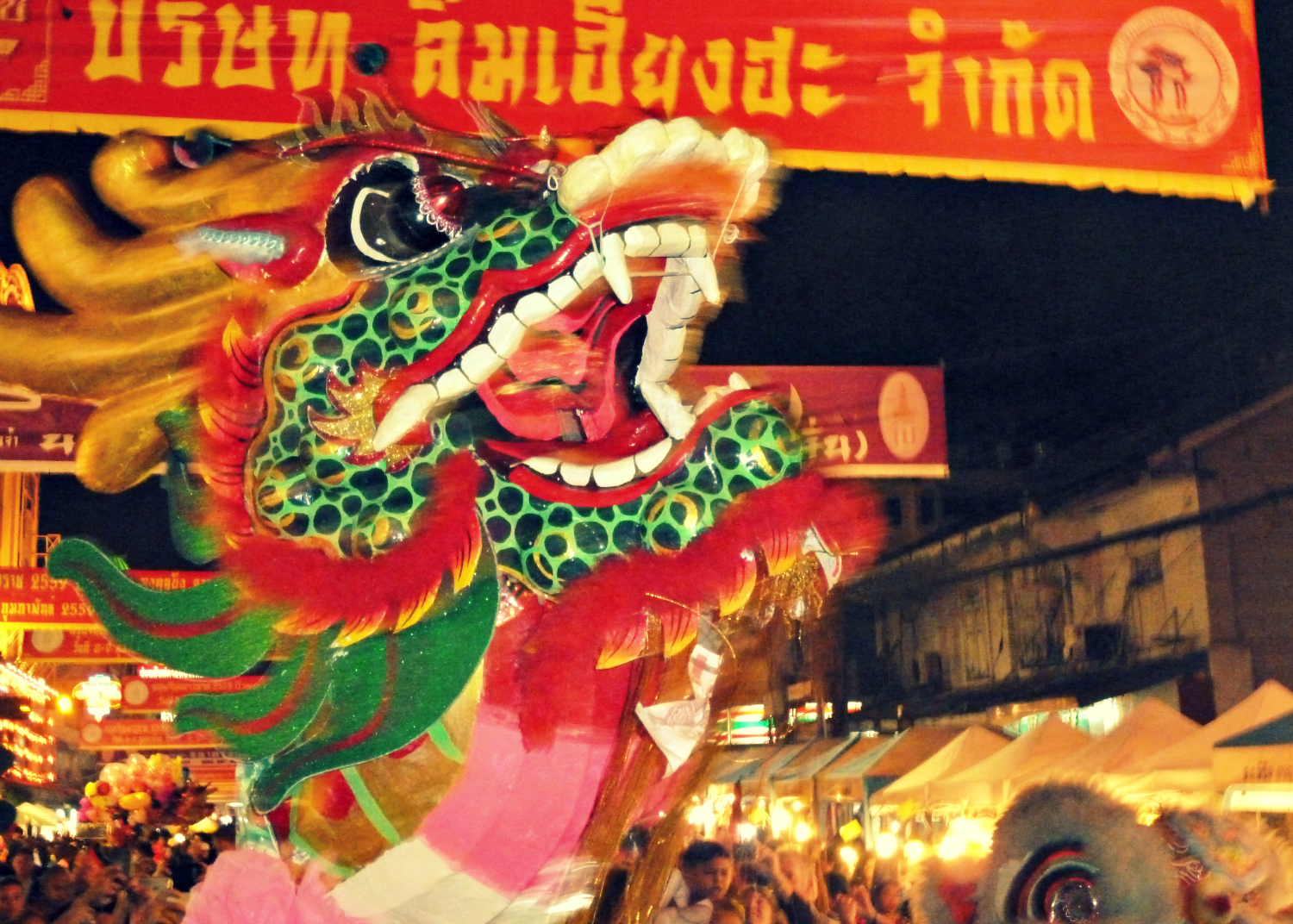
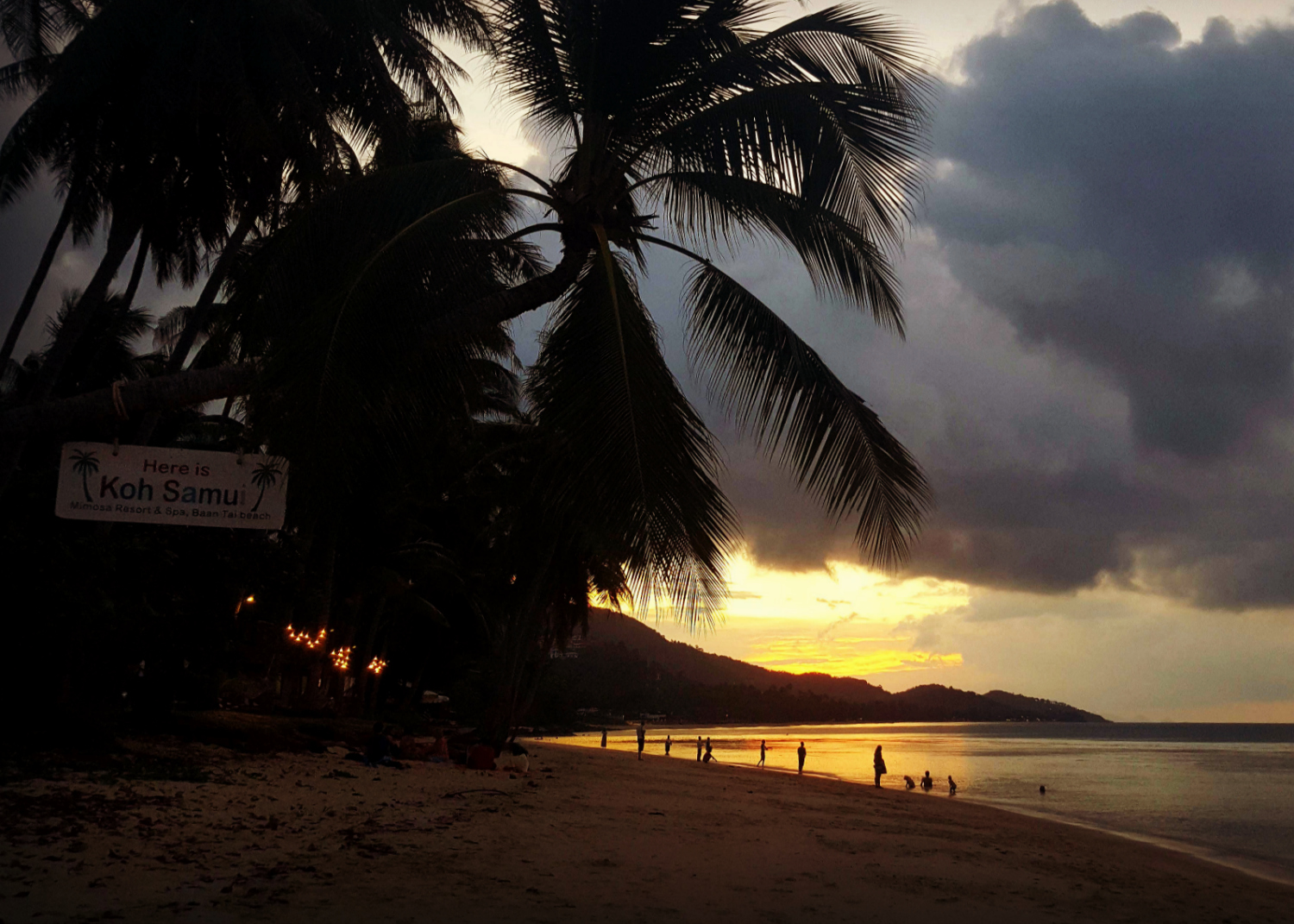
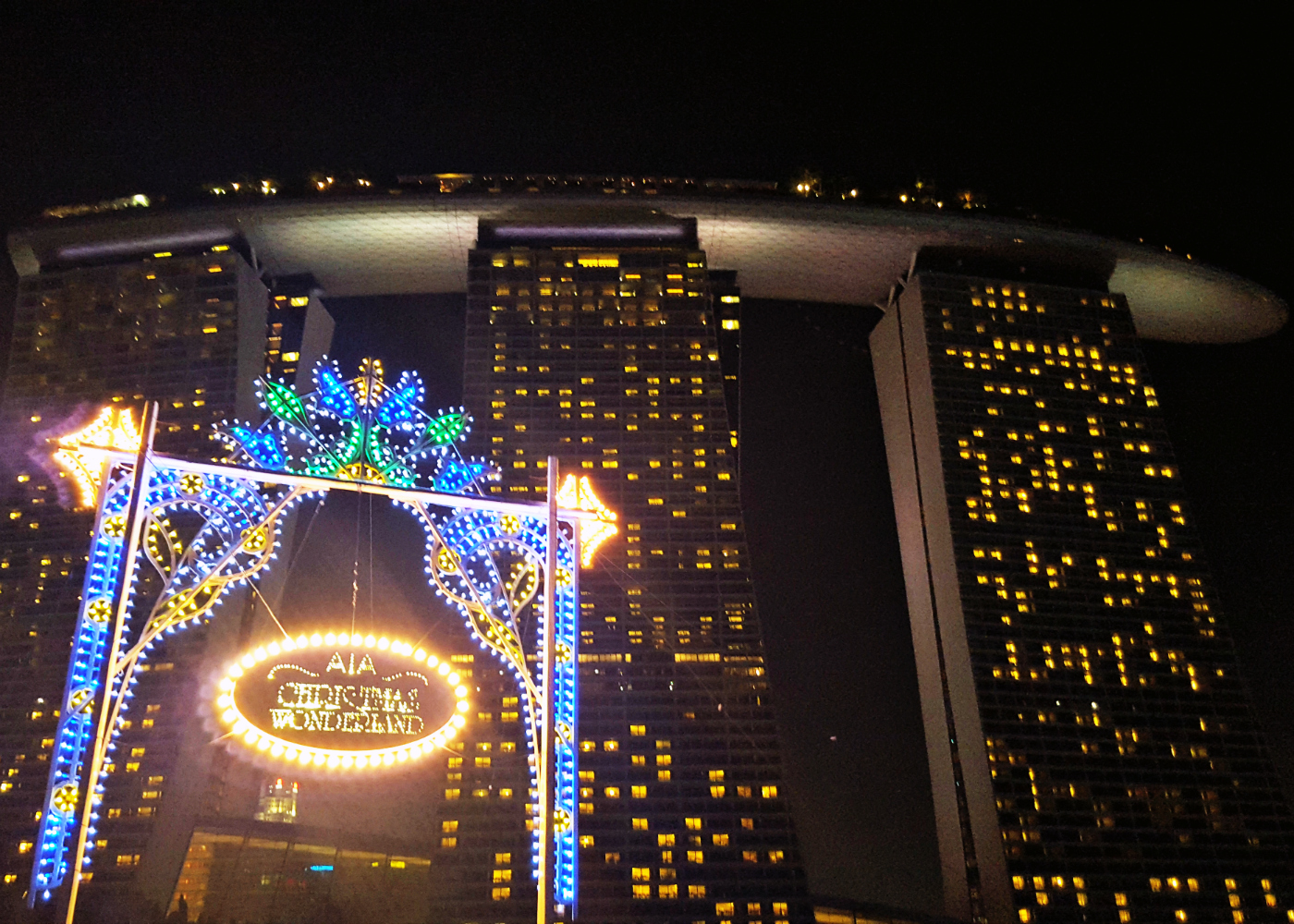
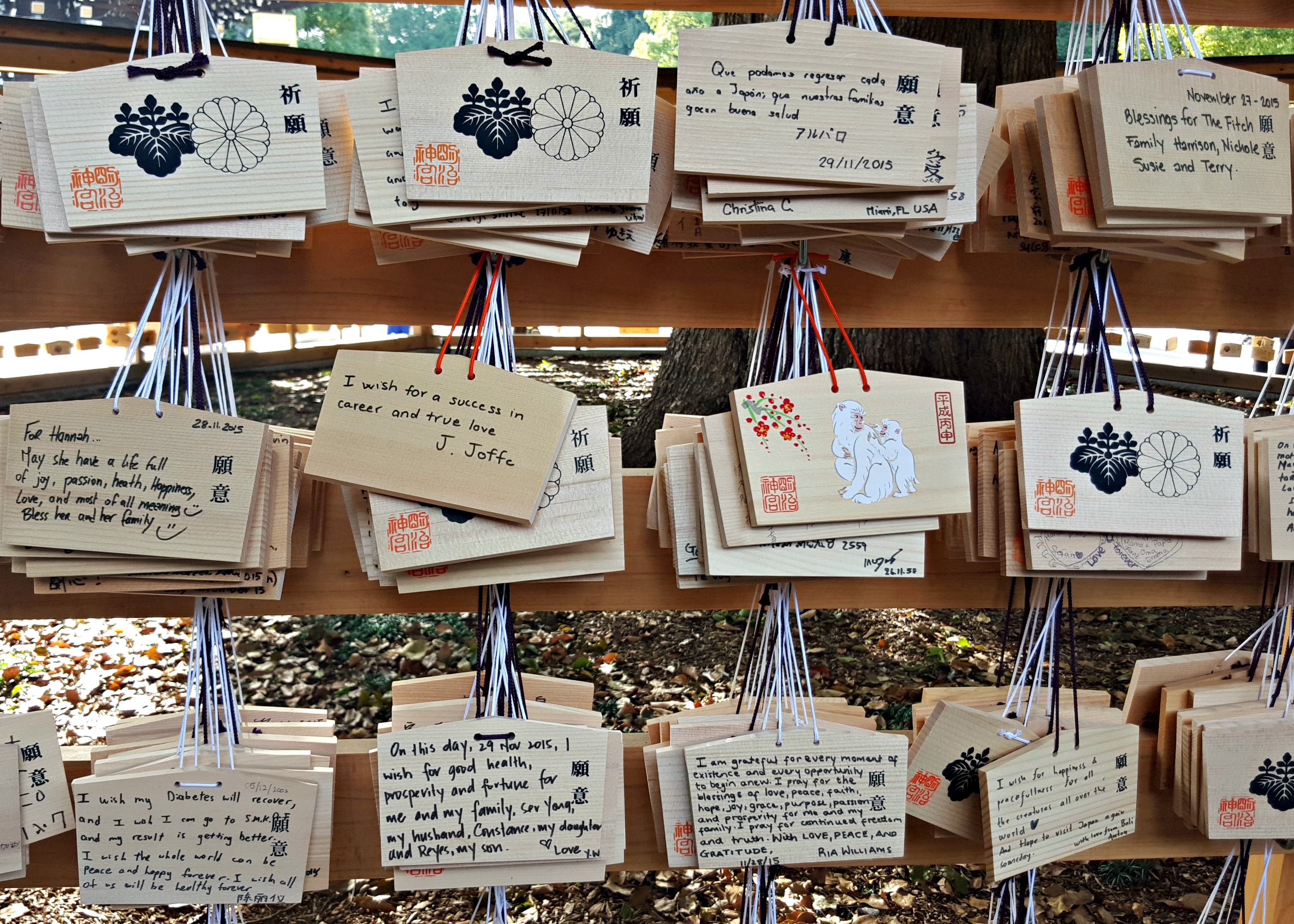
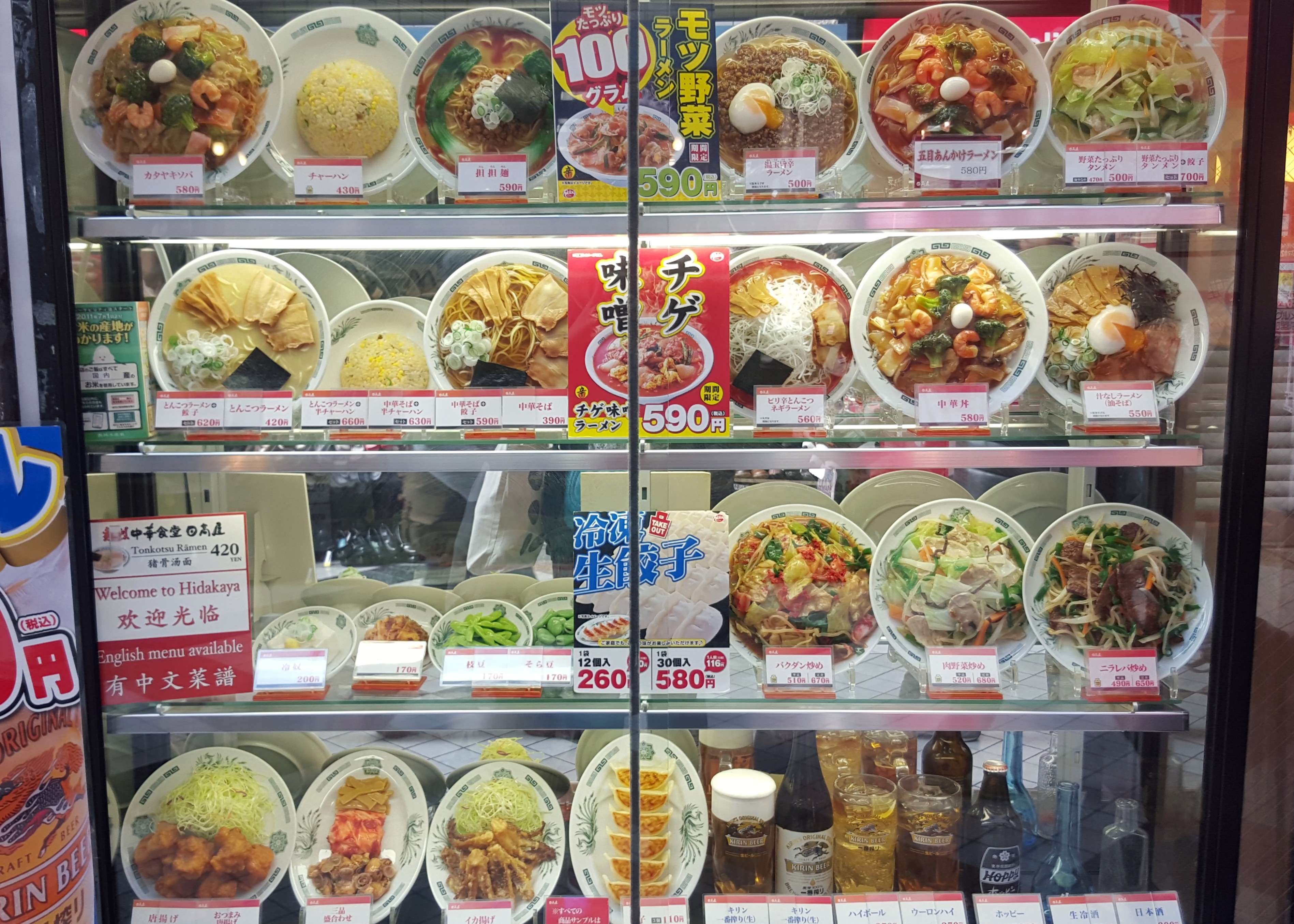
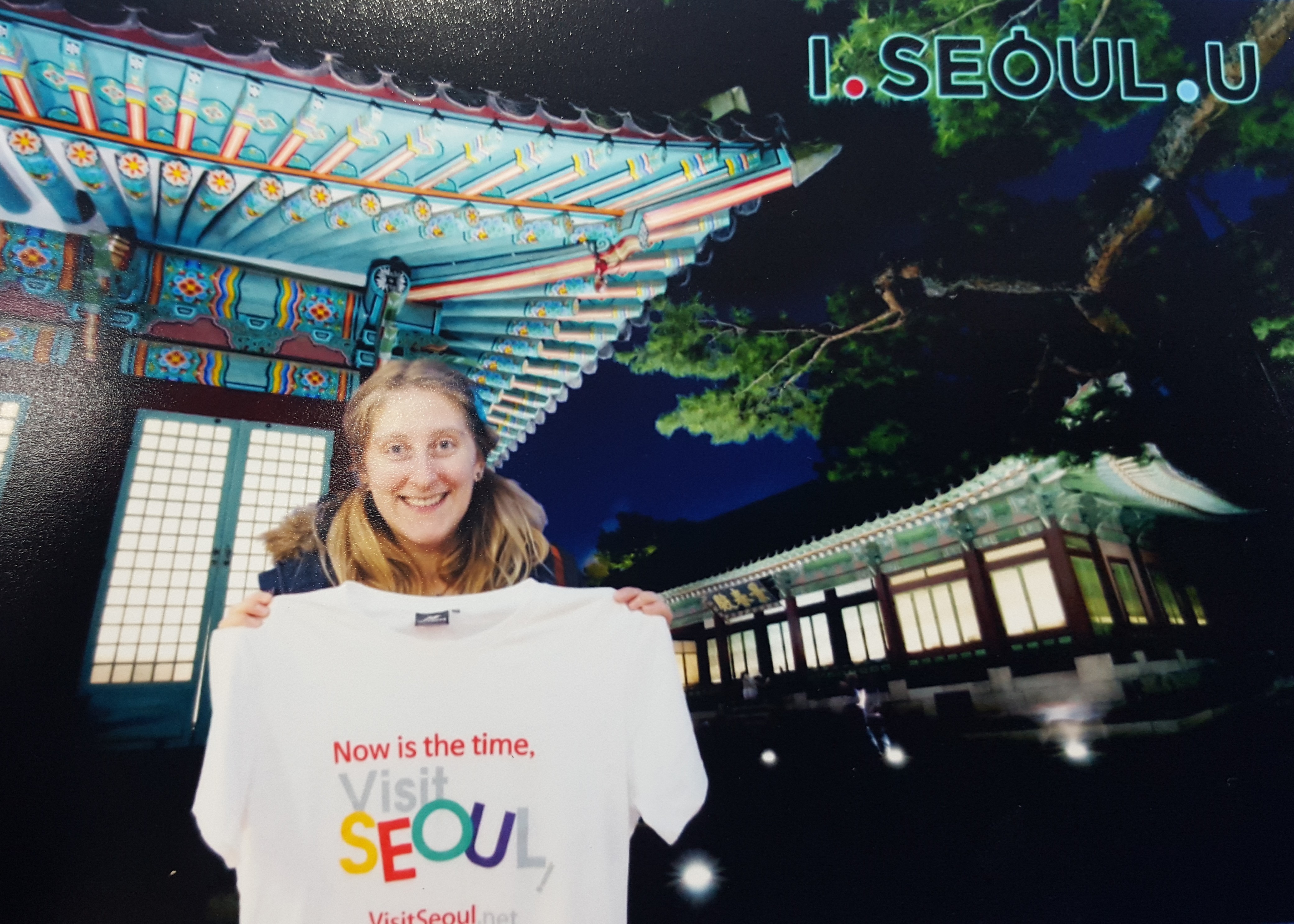
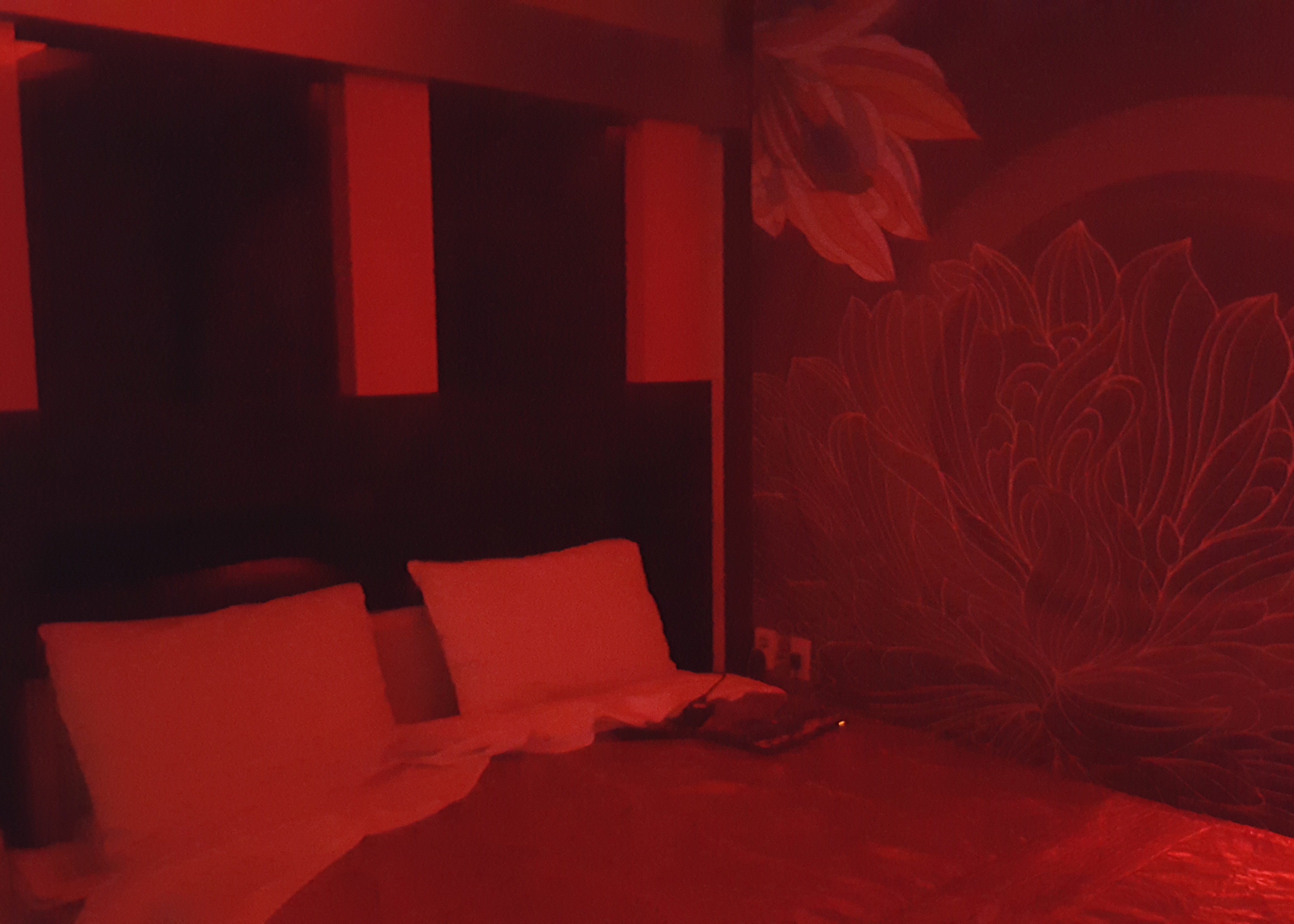
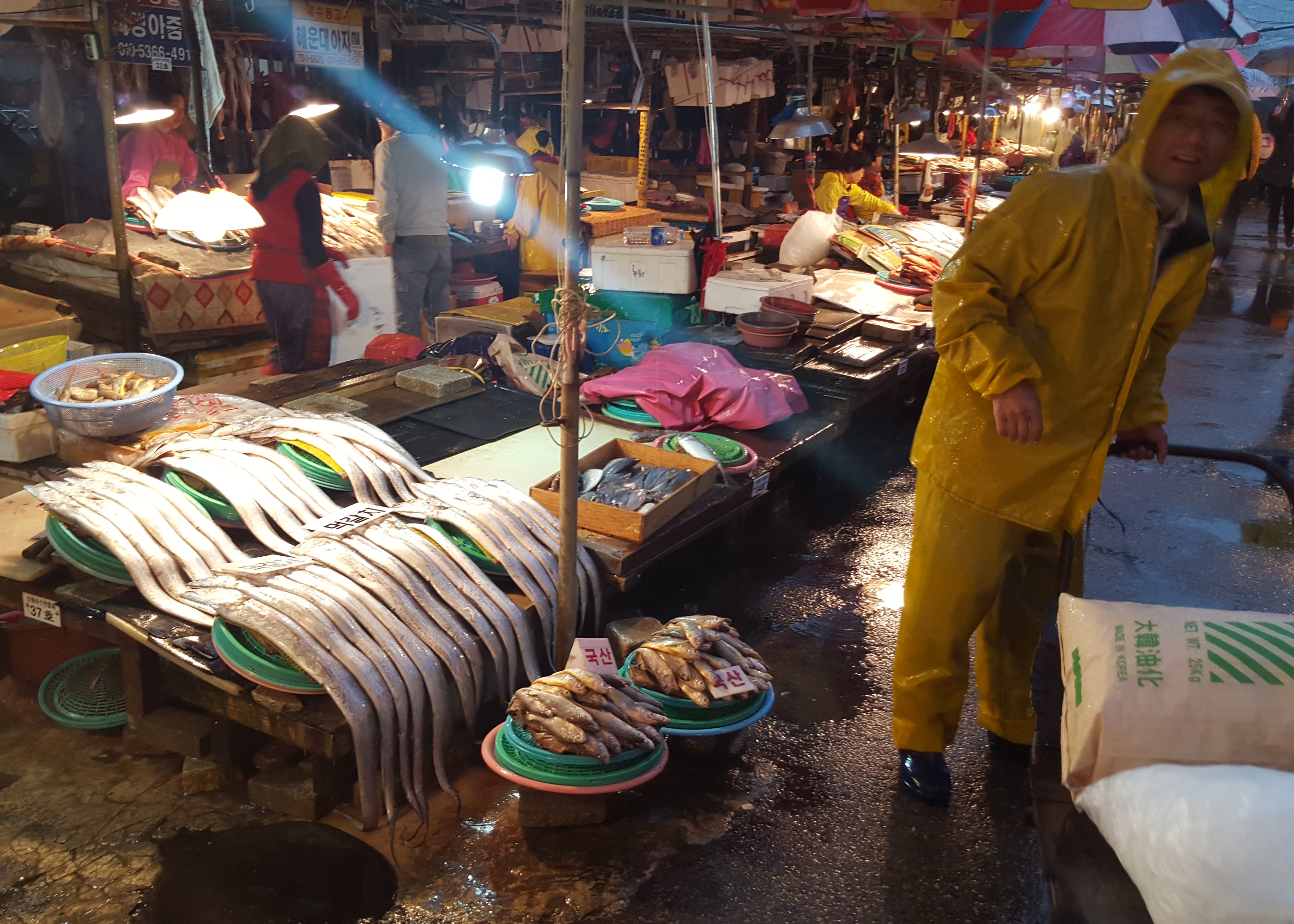
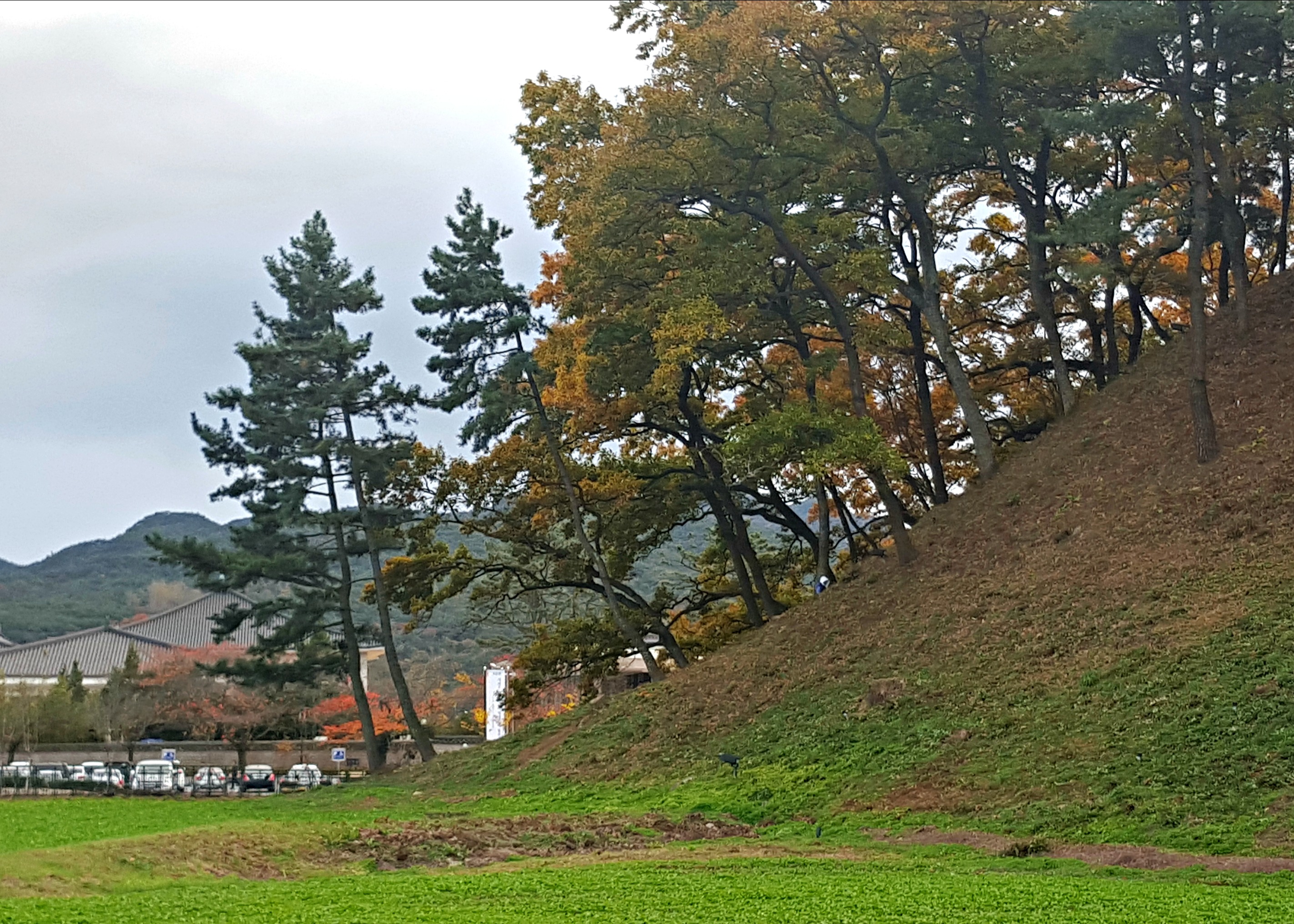
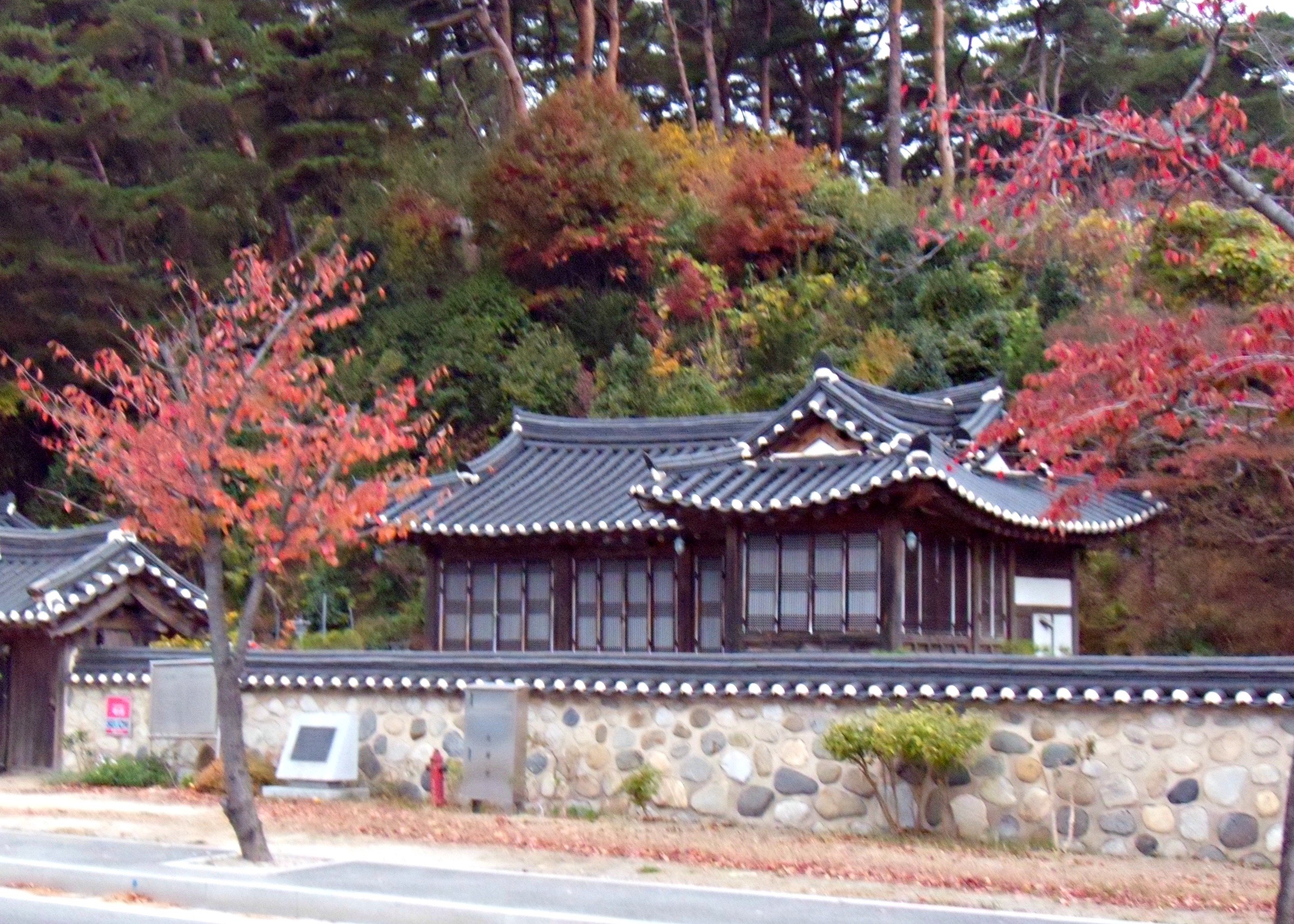
 RSS – Posts
RSS – Posts
